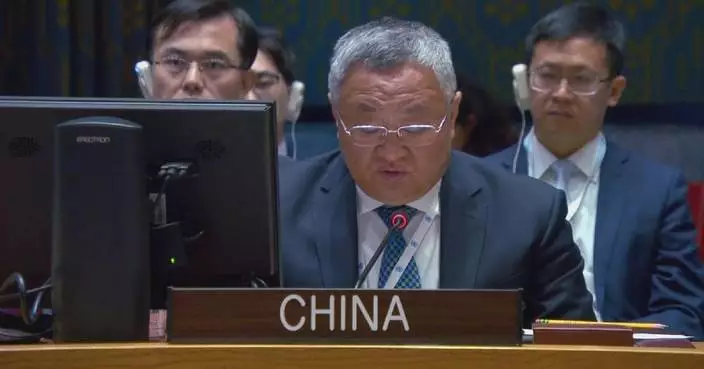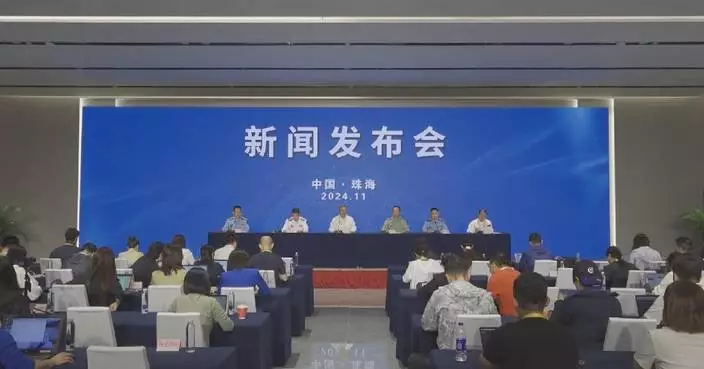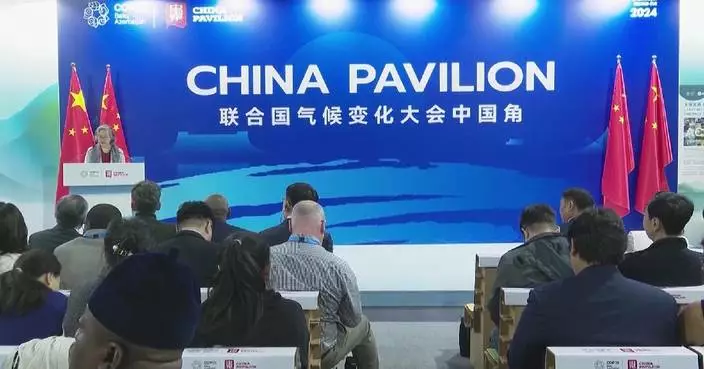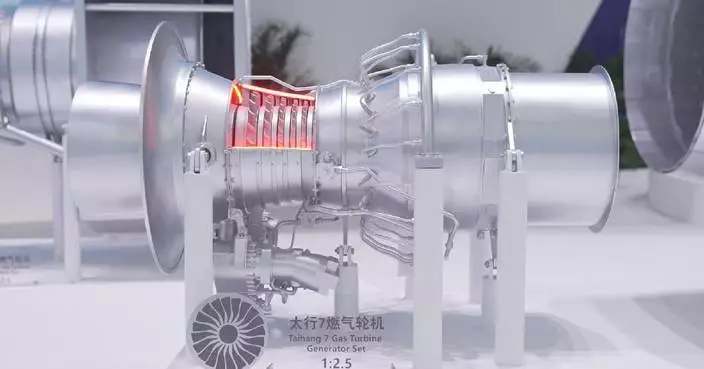Cultural relic preservation workers with a museum in Baoji City of northwest China's Shaanxi Province said on Tuesday that they are inspired by Chinese President Xi Jinping's visit to the museum earlier in the day, and vowed to make further contribution to the development and inheritance of the Chinese civilization.
Xi, also general secretary of the Communist Party of China Central Committee, visited the Baoji Bronze Ware Museum -- the first bronze-themed museum in China for the collection, preservation, exhibition and research of ancient Chinese bronze ware -- to learn about the local efforts to enhance the protection and use of cultural relics.
Xi stressed efforts to develop a sense of reverence and affection for Chinese civilization, and called for passing on fine traditional Chinese culture from generation to generation.
"The general secretary came to our Baoji Bronze Ware Museum today. We are extremely excited and feel very honored," said Liu Hongbin, secretary of the Party Leadership Group and Director of the Baoji Cultural Relics Bureau.
"The general secretary visited all three of our exhibition halls, which are divided into four sections: 'The Home of Bronze Ware,' 'Here In China I Dwell,' 'Zhou, the Nation of Rites,' and 'The Path of Qin's Rise.' He attaches great importance to cultural relic preservation and the development and inheritance of Chinese civilization," said Ning Yaying, director of Baoji Bronze Ware Museum.
According to Liu and Ning, in order to increase the influence of the Chinese bronze ware, the museum has held various forms of exhibitions and activities across the country as well as organizing online lectures over the years.
"The general secretary is also very concerned about the influence of bronze wares in China and the rest of the world. Baoji is a major city abundant in cultural relics, with particularly rich cultural resources. Baoji's bronze wares hold an important position nationwide. In recent years, we have held bronze ware exhibitions in many cities across the country which arouse relatively great interest from people," Liu said.
Teng Xiaohua, a guide working at Baoji Bronze Ware Museum, said that online lectures are regularly held in this regard.
"At the same time, we also have promotions through online cultural relics mini-classes, which will allow everyone, even if they don't come to the museum, to understand our Baoji Bronze Ware Museum and learn about China's bronze treasures through this online method," Teng said.
"A museum is like a university, which is also a requirement put forward by the general secretary. We will regularly hold social education activities to showcase our excellent traditional Chinese culture. For example, through the class titled 'Rituals of Zhou', we use a social education format that combines lectures, experiences, and interactions to bring cultural relics to life and revitalize our excellent traditional culture. This is part of our strategy to invite people in. And by saying 'going out', we mean that we regularly take some of our most important and refined exhibits or lectures elsewhere outside the museum to launch what we call 'mobile exhibitions' or classes, in efforts to strengthen our social education function," Ning said.
Teng said that she was inspired by Xi's visit and will continue to deliver on her position as a culture disseminator.
"The general secretary's visit has greatly encouraged us. As a guide, I will better protect our cultural heritage and safeguard it, while also passing it on and becoming an outstanding cultural disseminator," Teng said.
Ning and Liu also pledged to promote excellent traditional Chinese culture.
"In terms of promotion, we need to better and more widely publicize our excellent traditional culture and the 'bronze ware codes' implied by our bronze wares. This will make the bronze civilization and bronze culture of Baoji City a more vibrant and eye-catching name card," Ning said.
"We must bear in mind the expectations from the general secretary and do a good job of protecting and utilizing cultural relics, as well as of passing on culture, so that excellent traditional Chinese culture can have a more profound impact in the new era," Liu said.
Home to more than 480,000 cultural relics, the museum is especially famous for the bronzes of the Shang (1600-1046 BC) and Zhou (1046-771 BC) dynasties which marked the peak of China's bronze culture.
He Zun, a bronze ritual wine vessel made in the Western Zhou Dynasty is housed at the museum. It is one of China's 64 national treasures that are never allowed to be exhibited abroad.
It stands 38 centimeters high, and is 28 centimeters in diameter, weighing more than 14 kilograms. The bronze ware bears the first written form of the name Zhongguo, or China, which indicates that the concept of "Zhongguo" has emerged more than 3,000 years ago.
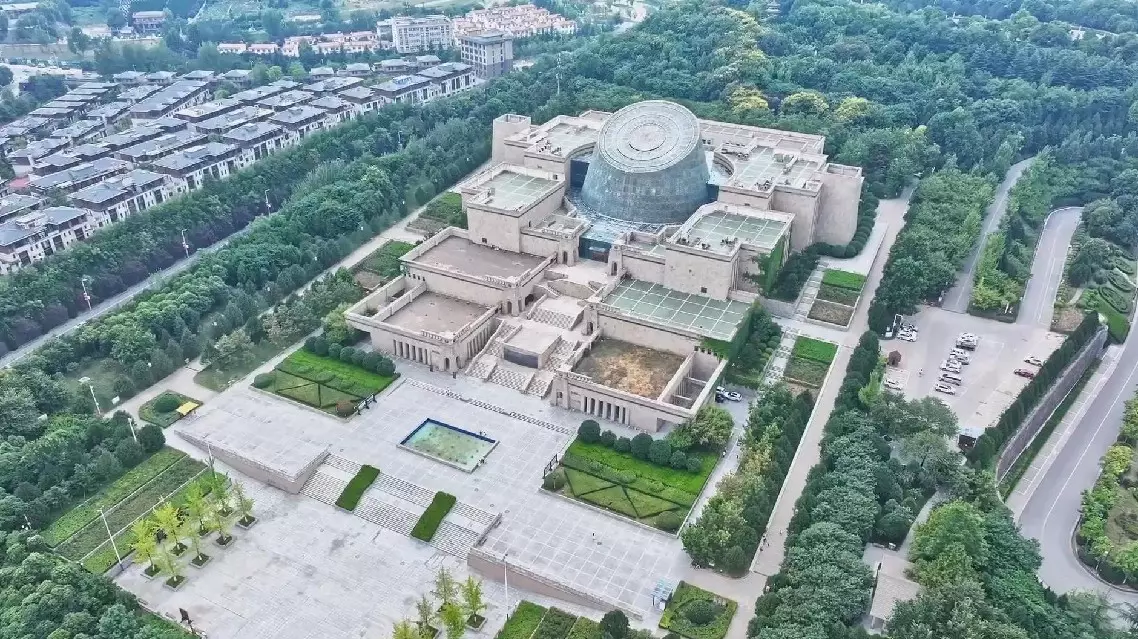
Cultural relic preservation workers inspired by Xi's visit to museum



